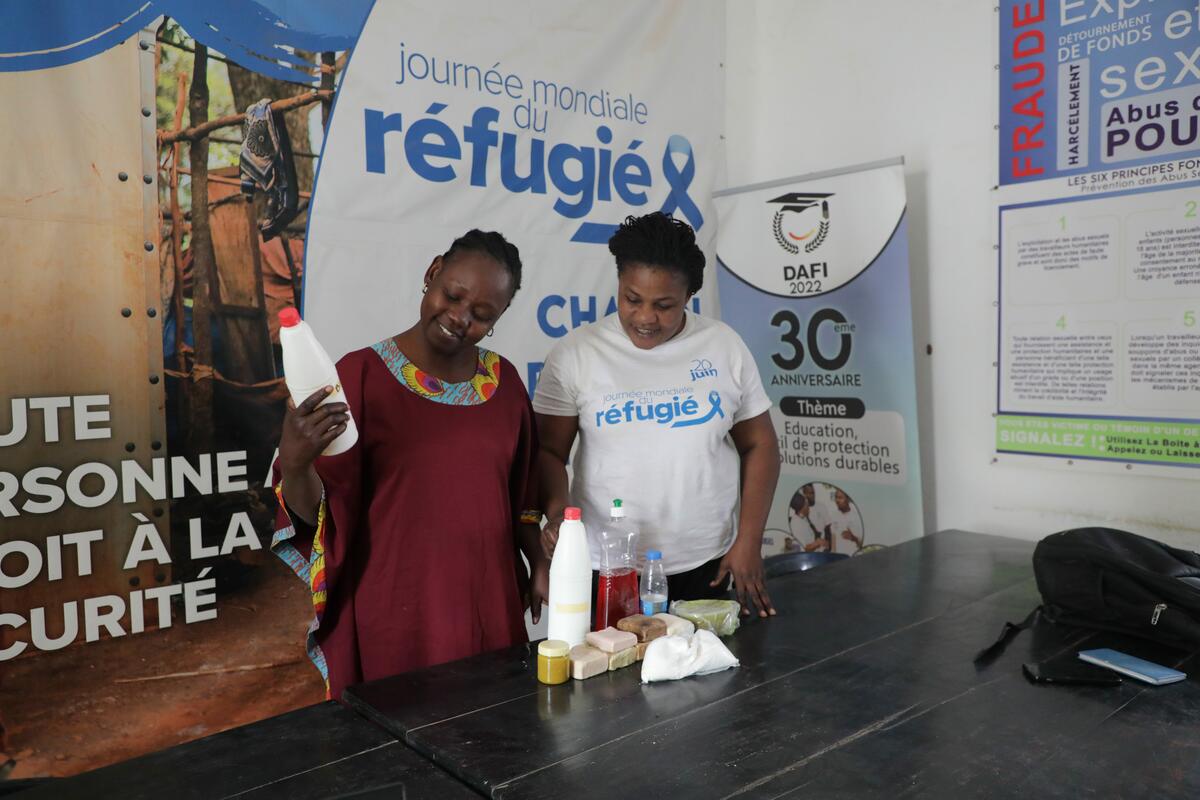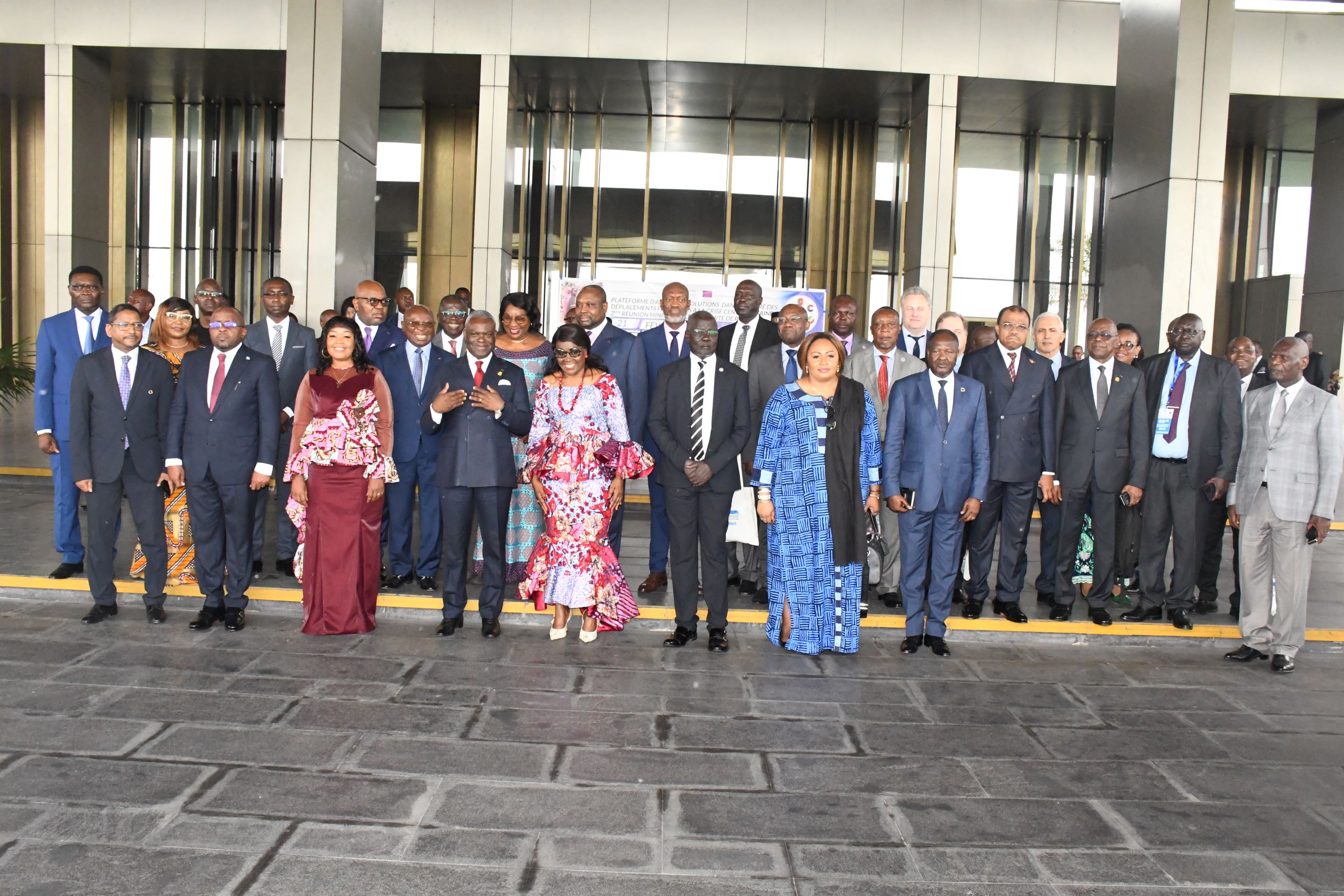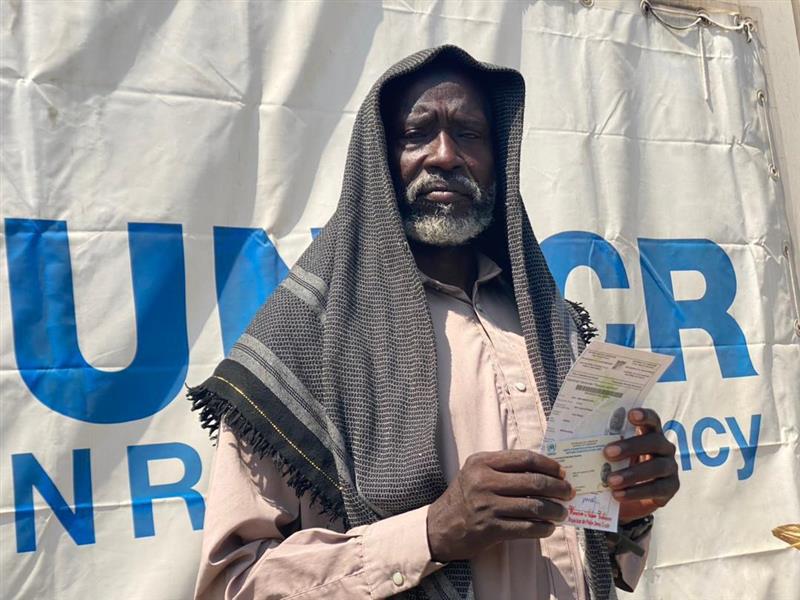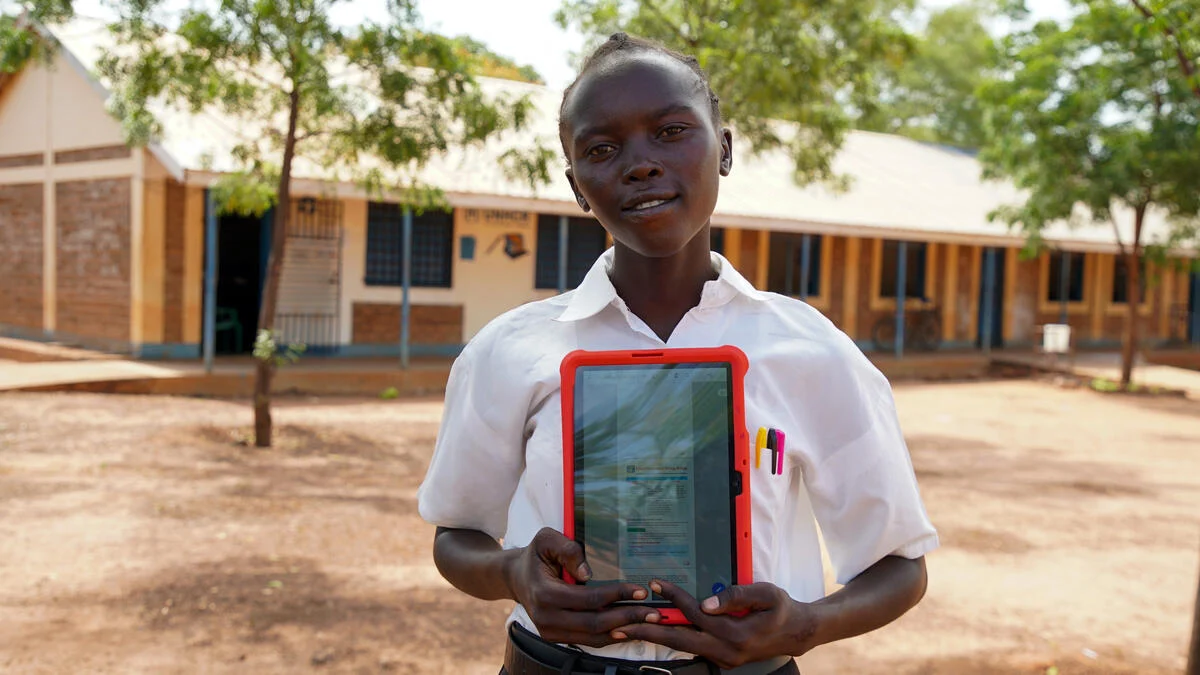UN Agencies Unite to Strengthen Community Resilience in Gulf of Guinea Amid Displacement Crisis
UN Agencies Unite to Strengthen Community Resilience in Gulf of Guinea Amid Displacement Crisis
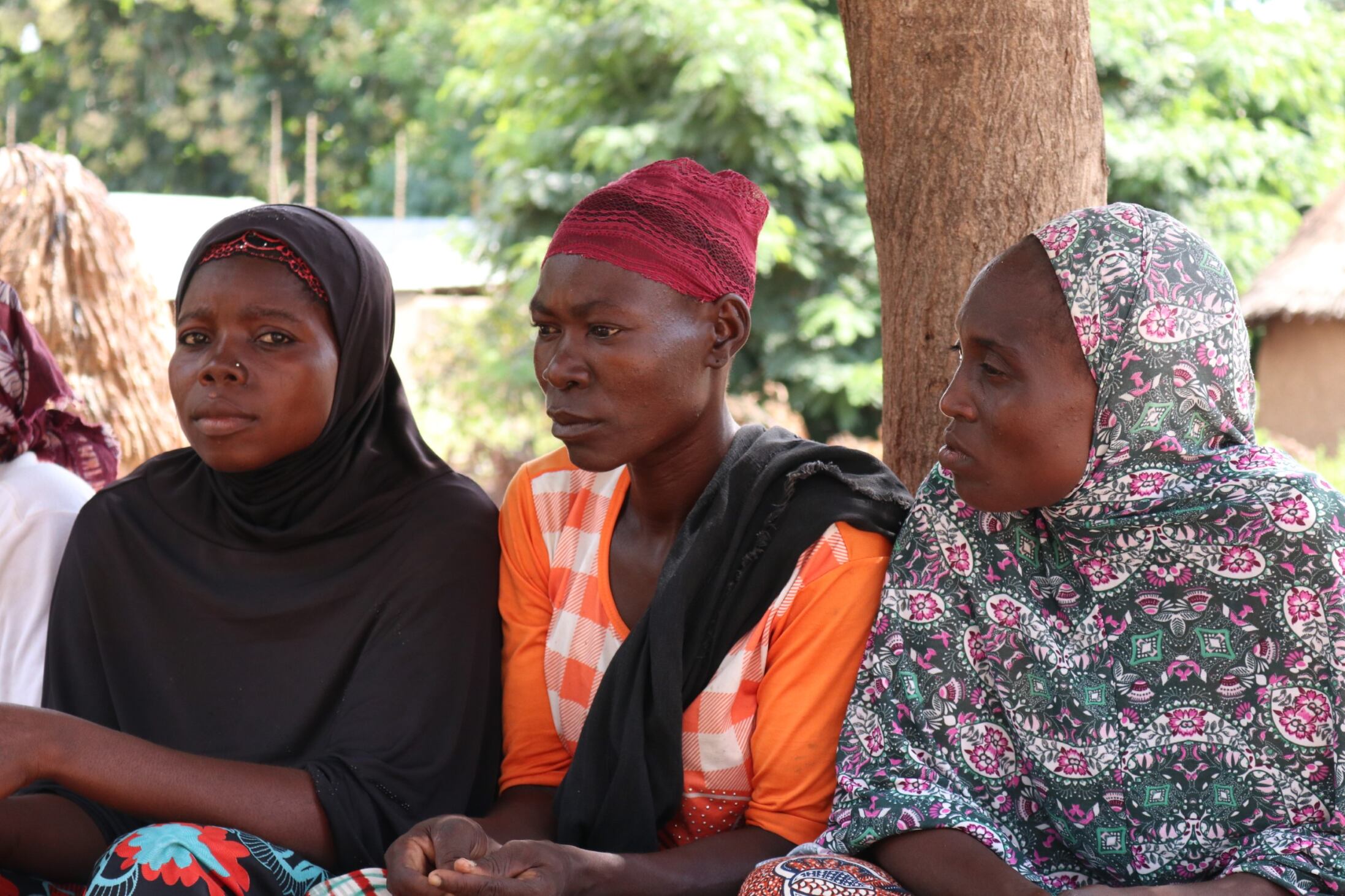
DAKAR – As the number of refugees fleeing armed conflict and human rights violations in the Central Sahel has sharply increased over the past 12 months in West Africa’s coastal countries, the United Nations High Commissioner for Refugees (UNHCR), the United Nations Children’s Fund (UNICEF), the United Nations World Food Programme (WFP) and the International Organization for Migration (IOM) have launched a US$142 million joint response plan for refugees, asylum seekers, internally displaced people and host communities in the Gulf of Guinea.
The worsening security and humanitarian situation in Burkina Faso, Mali, and Niger has triggered refugee movements towards Benin, Côte d'Ivoire, Ghana, and Togo. In early 2024, the number of people seeking refuge in the northern regions of these four countries, rose to 87,000 people predominantly women and children.
The joint response plan aims to reinforce the resilience of communities in the northern regions by increasing access to protection, food, nutrition, education, healthcare, water and sanitation, and livelihoods opportunities through community-based approaches. It aligns with existing development interventions that support national and local efforts, enhance the capabilities of communities, and foster enduring social cohesion.
“We find it imperative to invest in strengthening host communities in the northern regions of the coastal countries, to enhance their capacity to withstand shocks and foster resilience while protecting and assisting forcibly displaced populations and seeking solutions to their displacement." said Abdouraouf Gnon-Konde, UNHCR Regional Bureau Director for West and Central Africa.
The food security and nutrition situation in the area is also worsening, with the number of food insecure people projected to soar from 208,000 in 2020 to over 3.9 million in June 2024, according to the November 2023 Cadre Harmonisé food security analysis. In the municipalities hosting asylum seekers, over 20 per cent of the population face food insecurity. Essential public services and infrastructure are strained, leading to reduced functionality and heightened pressure on education and health systems.
“The influx of asylum seekers and internally displaced persons is adding another layer of social and economic distress within communities already struggling to make ends meet due to limited access to basic services, income and food” said Margot Van der Velden, WFP’s acting Regional Director for Western Africa. “Together, we are committed to working with governments and partners to strengthen national systems for food security and nutrition while reinforcing community resilience and social cohesion”
This situation underscores the urgent need for a collaborative response by the four United Nations agencies in West Africa to support the displaced populations and address the challenges they face.
Endorsed by national authorities, this collaborative effort brings together humanitarian and development partners and local actors, committed to protecting and uplifting those affected by displacement. Through this plan, the UN agencies aim to anticipate future shocks, mitigate potential adverse impacts, and contribute to the stability and resilience of the Gulf of Guinea nations.
The plan will address the immediate needs of 200,000 refugees and asylum seekers, 47,000 internally displaced people, and 317,000 residents in host communities. It aims to build social cohesion, improve infrastructure, and boost local economies, thereby laying a foundation for long-term resilience against shocks and stresses.
It comprises a regional chapeau and four distinct country chapters outlining the response and needs in each country. The response is framed around a common methodology aimed at streamlining data collection processes and analysis, coordinating emergency response, embracing a community centric approach and mainstreaming protection principles into existing practices.
As an advocacy framework, this joint plan will help pool the limited resources in a harmonized response across four countries, working with a joint approach and regularly sharing information with key partners involved.
According to IOM Deputy Regional Director for West and Central Africa, Mrs. Kristina Mejo “Inaction exacerbates food insecurity, amplifies vulnerabilities, disrupts education, and poses significant health and housing challenges. It also leads to further movements of populations of migrants, asylum seekers, and refugees, seeking the protection, settlement, and assistance options that they didn’t find in their first place of arrival, with the risks of secondary movements further impacting their vulnerabilities.”
The Regional Chapeau can be found here:
For further information, please contact:
-
Djaounsede Madjiangar, WFP/Dakar, Mob. +221 77 639 42 71; Djaounsede.madjiangar@wfp.org
-
John James, UNICEF/Dakar, Mob. +221 78 638 02 52, jjames@unicef.org
-
Joëlle Furrer, IOM/Dakar, Senegal, Mob. +221 78 443 32 53, jfurrer@iom.int
-
Alpha Seydi Ba, UNHCR/Dakar, Senegal, Mob. +221 773457454, baalp@unhcr.org



